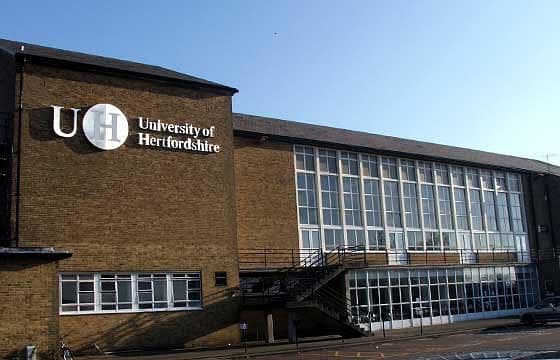BA (Hons) Journalism and Media at University of Hertfordshire
Hatfield, United Kingdom
- Tuition Fee £ 15,500
- Country Rank-
- Duration36 Months
- Score IELTS: 6.5 TOEFL: 72
Program Overview
Why choose this course?
- Learn latest skills - podcasting to video from award winning experts
- Accredited by PRCA (Public Relations and Communications Association)
- Network with media professionals from the UK and internationally
Cost Of Studying At University of Hertfordshire
Interest rates as low as 8.9% *
250K+
Students Assisted
800Cr+
Loan Amount Disbursed
5000+
Loans Sanctioned
Check Loan Eligibility
Powered by
